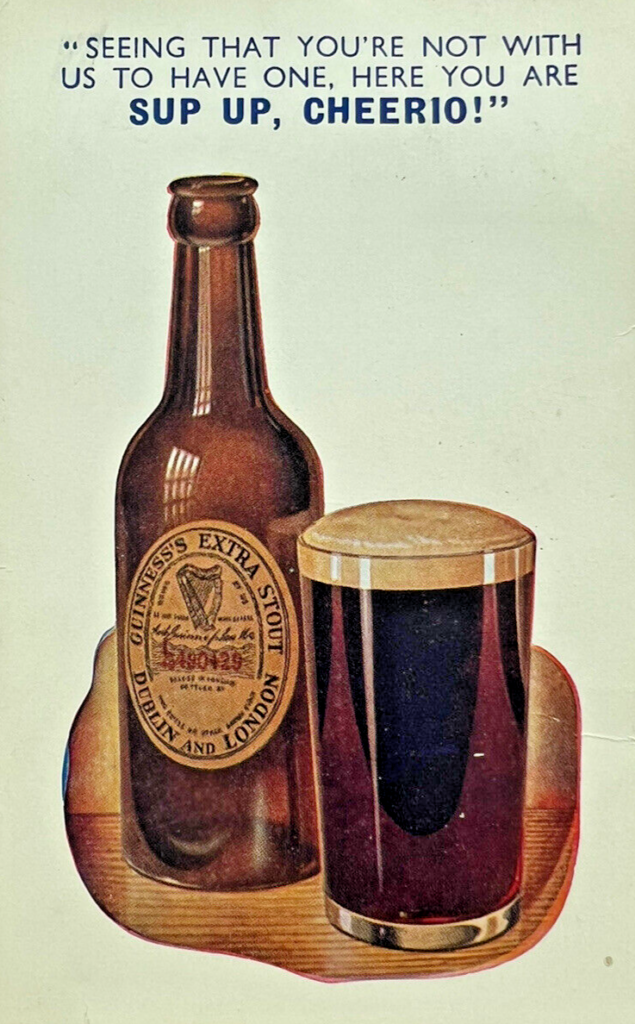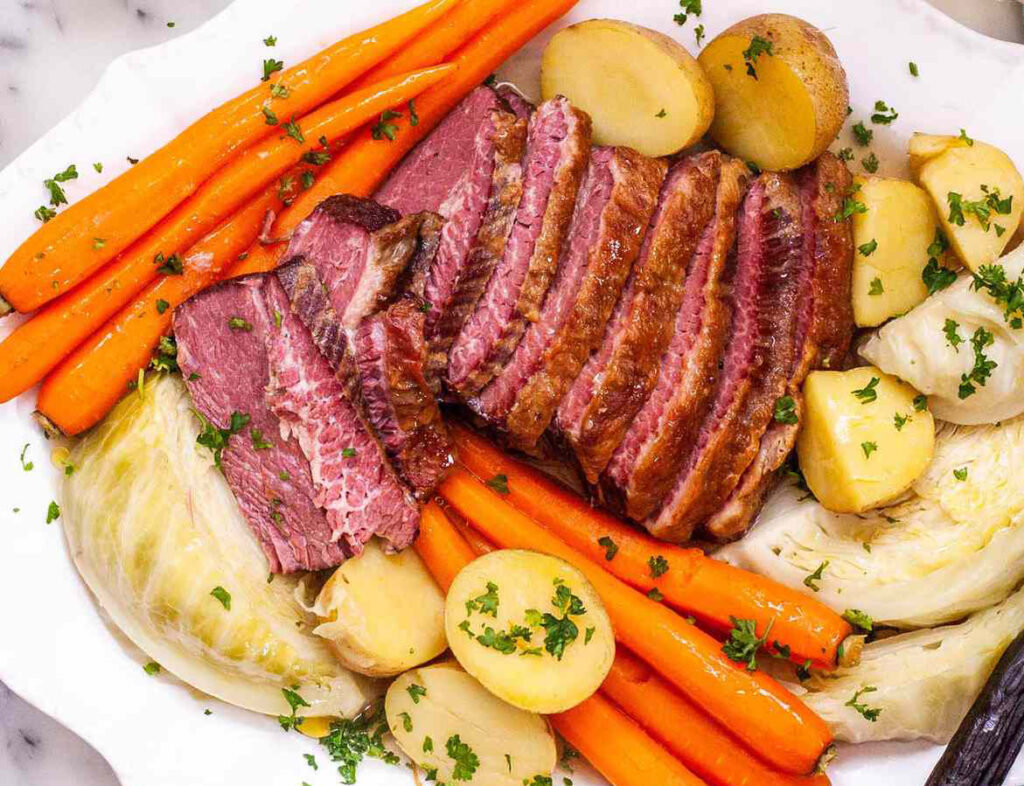St. Patrick’s Day
St. Patrick’s Day is a worldwide celebration of Irish culture and religious traditions. In the United States, this includes lively parades and indulging in green clothes, beverages and “Irish” cuisine. Observing St. Patrick’s Day tradition isn’t only about raising any beer, however, but enjoying a drink that has been specially dyed green. The tradition of drinking green beer was started by a man named Dr. Thomas Hayes Curtin in 1914, Irish Central reports. Curtin, an Irish immigrant, worked professionally as a coroner in New York City. A witness reportedly said that when the beer was unveiled, everything at the club was decorated green and that Irish songs were sung. The only thing that was not green, apparently, was the glass in which the beer was served. At the time, the doctor would apparently only admit to adding a drop of “wash blue” to an unspecified amount of beer in order to turn it green. It was eventually revealed that the “wash blue” was actually an iron powder solution used to wash laundry. This substance in quantity is poisonous to humans. Making green beer is as simple as putting several drops of green food coloring in a glass and then adding the beer, Betty Crocker says. The biggest typical St. Patrick’s Day beverages is Guinness beer. The exact number of green beers consumed each year is not known, but 13 million pints of the popular “Irish dry stout” Guinness are estimated to be consumed during the holiday festivities, according to Business Insider.
While many of these so-called “Irish traditions” are actually more American than Irish — including eating corned beef — corned beef does have Irish roots. Here’s the complicated history of Irish corned beef. Beef, corned or otherwise, wasn’t often eaten in ancient Ireland, beef was often reserved for royalty. While the tradition of salting beef as a means of preserving it has been around for thousands of years, the term “corned beef” dates to around the time of the Cattle Acts. In the 17th century, salted beef started taking on the name corned beef in some parts of England because of the large “kernels” of rock salt used to preserve it. Though corned beef grew in popularity in England, Ireland was actually the hub for corned beef production due to the abundance of cows and a lower salt tax, which was about one-tenth of England’s. At the turn of the century, the largest immigrant populations in New York were the Irish and the Eastern European Jewish people. Settling in the same overcrowded urban neighborhoods, the two populations formed a strong bond that encouraged the mixing of cultures. Due to the Jewish religion’s dietary restrictions, an influx of kosher butchers made its way into New York’s Irish/Jewish neighborhoods. So, the Irish often bought their meat from kosher butchers; brisket was an overwhelming favorite at New York City kosher butcher shops, and it is likely that kosher butchers used this particular cut of meat to make the corned beef that their Irish friends loved so much. BTW: immigrants that fled from Irish potato famine could get potatoes here and they could us the same salted water they heated their corned beef in to salt their potatoes.
Blarney and Blather
I’m half Irish and half Jewish…
I’m drinking if you’re buying!
A native of Ireland interviewed for a job in a power plant. “What can you do?” asked the foreman. “Anything sir, just anything” replied the hopeful man.” The foreman, thinking he would have some fun with the newcomer said, “You seem to be all right. Could you wheel a barrow of smoke over here?” “Sure,” exclaimed the man. “You, Just fill it up for me.”
Gallagher opened the morning newspaper and was dumbfounded to read in the obituary column that he had died. He quickly phoned his best friend, Finney.
‘Did you see the paper?’ asked Gallagher. ‘They say I died!!’
‘Yes, I saw it!’ replied Finney. ‘Where are ye callin’ from?’
Why are Irish bankers so successful?
Because their capital’s always Dublin.
March 18th Birthdays
1963 – Vanessa Williams, 1990 – Lily Collins, 1970 – Queen Latifah, 1997 – Ciara Bravo
1962 – Mike Rowe, 1990 – Michael Knowles, 1938 – Charley Pride, 1964 – Connor Byrne




